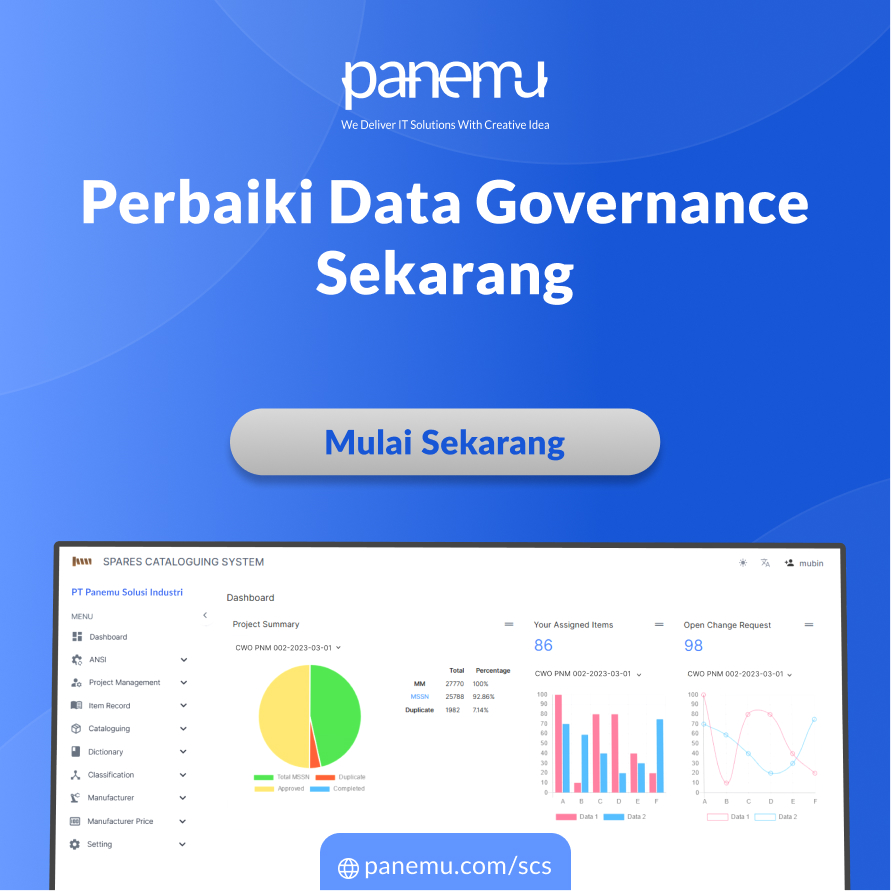As the popularity of remote work increases, HR plays a key role in managing this transformation in the modern workplace. Remote working, which was previously only applied in certain professions, has now been widely adopted by various types of industries. The COVID-19 pandemic accelerated this trend, pushing companies to develop technology infrastructure and policies that support employee productivity and well-being even when not in one physical location. This article discusses how HR can support remote employees and overcome the challenges that arise, from policy development, data security, to balance between work and personal life.
1. Why is Remote Working a Popular Choice?
Remote work has been proven to increase productivity and work comfort for many people. Research shows that employees who work from home are often more satisfied because they have the flexibility to adjust work hours to personal needs. According to data from several surveys, many employees are choosing to continue working remotely after the pandemic for this reason. This is where HR plays a big role in providing support so that the remote work environment remains effective and conducive to productivity.
2. How does HR Support Remote Work?
In a distributed work environment, HR responsibilities expand to include new areas such as policy development, engagement monitoring, and technology support. Here are some of HR's main roles in supporting a remote workforce:
a. Ensuring the Availability of Supporting Technology
One important aspect of remote working is technology. HR is responsible for ensuring every employee has access to appropriate communications software, collaboration tools, and time monitoring platforms. Apps like Zoom, Microsoft Teams, and Trello make communication and collaboration between dispersed team members easier, while time management software can help track productivity.
b. Formulate Adequate Policies
HR is also responsible for creating remote work guidelines and policies that help employees understand applicable work procedures and rules. This guide covers working hours rules, data security, and setting up work devices to stay protected from cyber security risks. With clear guidelines, companies can maintain productivity while ensuring employees have appropriate expectations when working from home.
c. Maintaining a Balance Between Work and Personal Life
Remote working often makes the boundaries between work and personal life blurry, potentially causing stress or fatigue. HR must be proactive in helping employees set work time limits, take regular breaks, and maintain balance by providing flexible policies. For example, HR can provide more flexible working hours or set official rest times so that employees can be more comfortable.
d. Increase Involvement and Employee Welfare
Employee engagement is an important aspect of the remote work model, and HR must play a role in overcoming this challenge. Holding virtual team-building sessions, online social activities, or weekly meetings are some ways that can help maintain relationships between employees even in different locations. This is important to maintain a positive work culture and a sense of belonging among team members.
3. Main Challenges Faced by HR in Remote Working
Implementing remote working does offer flexibility, but also presents certain challenges for HR, such as:
a. Securing Company Data and Information
Working remotely can increase data security risks, especially for employees using personal networks or devices. HR needs to work closely with the IT department to ensure that all employees use secure VPNs and devices to protect company information. With proper security measures, companies can safeguard sensitive data from potential security breaches.
b. Monitor Productivity without Harming Privacy
Monitoring productivity is another challenge in the remote work model. Monitoring software is often used to track work activities, but HR must ensure that this monitoring is not excessive and puts pressure on employees. There needs to be a balance between ensuring optimal performance and respecting employee privacy.
c. Prevent feelings of isolation and decreased work morale
In remote situations, many employees feel lonely or less connected to the team. HR must find ways to facilitate social interaction and ongoing communication. Activities such as small talk sessions before meetings or weekly online quizzes can be an effective way to reduce feelings of isolation among employees.
d. Provides Career Evaluation and Development
Performance appraisals and career development opportunities may be difficult to implement in a remote work model. In this case, HR needs to focus on work results rather than work time, and ensure that remote employees have equal access to training programs and promotional opportunities, so that they remain motivated.
4. Strategies to Increase Remote Working Success
Here are some strategies that can help HR support employees who work remotely:
a. Establish a Work Flexibility Policy
Offering flexibility in hours and work locations can help employees organize their work in the most convenient way. This can also increase motivation because employees can work according to the rhythm that best suits them.
b. Facilitating Online Competency Development
By providing online training programs, HR can help employees improve relevant skills for a remote work environment. In addition to technical skills, training on time management and virtual communication can also improve remote team work efficiency.
c. Focus on Output-Based Evaluation
HR should adopt a performance appraisal method based on work results or output, which allows for fair and objective assessment. This also reduces the pressure for employees to always be in front of the computer during formal working hours, thereby creating a more comfortable working atmosphere.
d. Encourage Open and Regular Communication
To support effective communication, HR can encourage regular meetings, team discussions, or question and answer sessions with management. That way, employees still get the support they need, and feel more connected to coworkers and managers.
Conclusion
With its strategic role, HR has a big responsibility in ensuring the success of the remote work model. By providing supportive infrastructure, flexible policies, and effective communication, HR can facilitate a smooth transition to remote working. Despite challenges such as data security, monitoring productivity, and overcoming social isolation, the right strategies can help maintain employee well-being and engagement, so they can work optimally.


